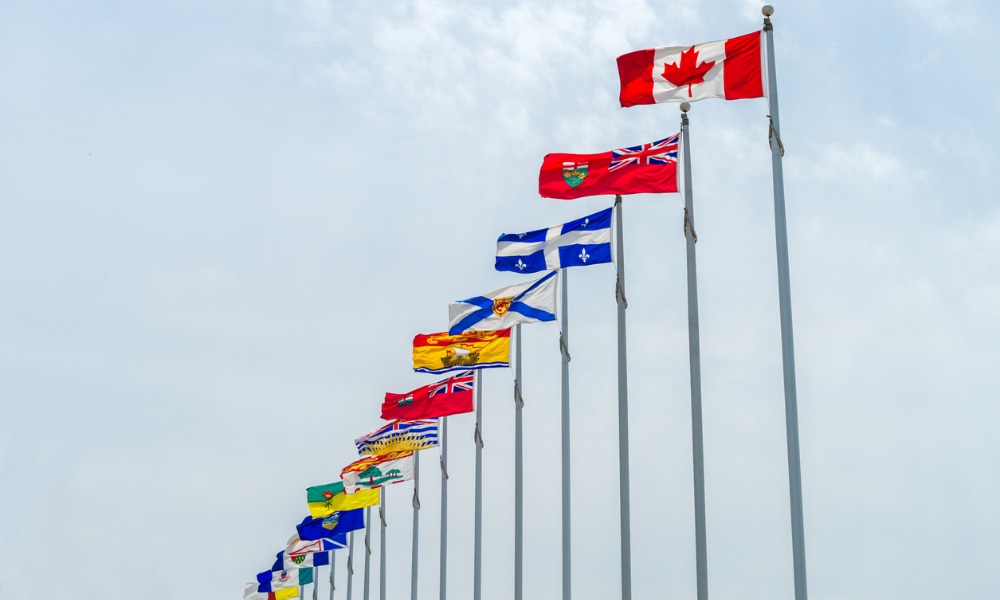
Other issues on the table included conversion therapy, gun control and rural crime

The federal, provincial and territorial ministers for justice and public safety convened on Jan. 22 to discuss important issues faced by Canadians today, including Indigenous and restorative justice, conversion therapy and cannabis enforcement.
“Today's meeting was a positive and constructive start to the new year,” said Bill Blair, minister of public safety and emergency preparedness. “Federal, provincial and territorial ministers take very seriously their responsibility to keep Canadians safe in the face of a broad range of threats.”
Indigenous justice
The ministers met with Elmer Seniemten George, hereditary chief and Songhees elder, as well as with representatives from Métis Nation and the Assembly of First Nations, to discuss the United Nations Declaration on the Rights of Indigenous Peoples, which the ministers committed to incorporate into legislation.
The ministers then conferred over the issue of over-representation of Indigenous inmates in Canadian prisons. In response to the Calls for Justice in the final report of the National Inquiry into Missing and Murdered Indigenous Women and Girls, the ministers said that they would team up to reduce violence against these vulnerable populations.
Restorative justice
The ministers aim to boost the use of restorative justice by five per cent by next year. They also announced they would publish a report analyzing the country’s current restorative justice system.
Medical assistance in dying
The federal government recently launched public consultations to gauge how Canadians feel about the complex issue of medically assisted death, and it will consider the survey responses when amending federal assisted dying legislation.
During the meeting, the ministers also discussed improving hospice or palliative care in Canada.
Conversion therapy
The ministers expressed support for legislative and other measures to ban this practice, including the federal government's intention to introduce amendments to the Criminal Code. Conversion therapy is the attempt to change an individual's sexual orientation from homosexual or bisexual to heterosexual using psychological or spiritual interventions.
Rural crime
The ministers talked about possible reforms to the Criminal Code and to police response measures in order to address rural crime. They announced they would further discuss this problem during their next meeting, which will be held in the fall.
Firearms
The ministers discussed the impact of gun control on other issues such as the trafficking of drugs, smuggling and illegal sales of guns, and border security. They reiterated, however, that law-abiding firearm owners should be treated with respect.
Money laundering
A coordinated approach will be adopted to money laundering, which has far-reaching effects on the integrity of financial institutions.
Cannabis enforcement
Given the effect of legalization of cannabis on youth, drug-impaired driving and organized crime, the ministers discussed the resources and tools needed to address this issue.
Human trafficking and online child sexual exploitation
The ministers said that they would continue their work to prevent human trafficking and child exploitation, which “disproportionately affects women and girls, particularly Indigenous women and girls,” and to provide support to victims.